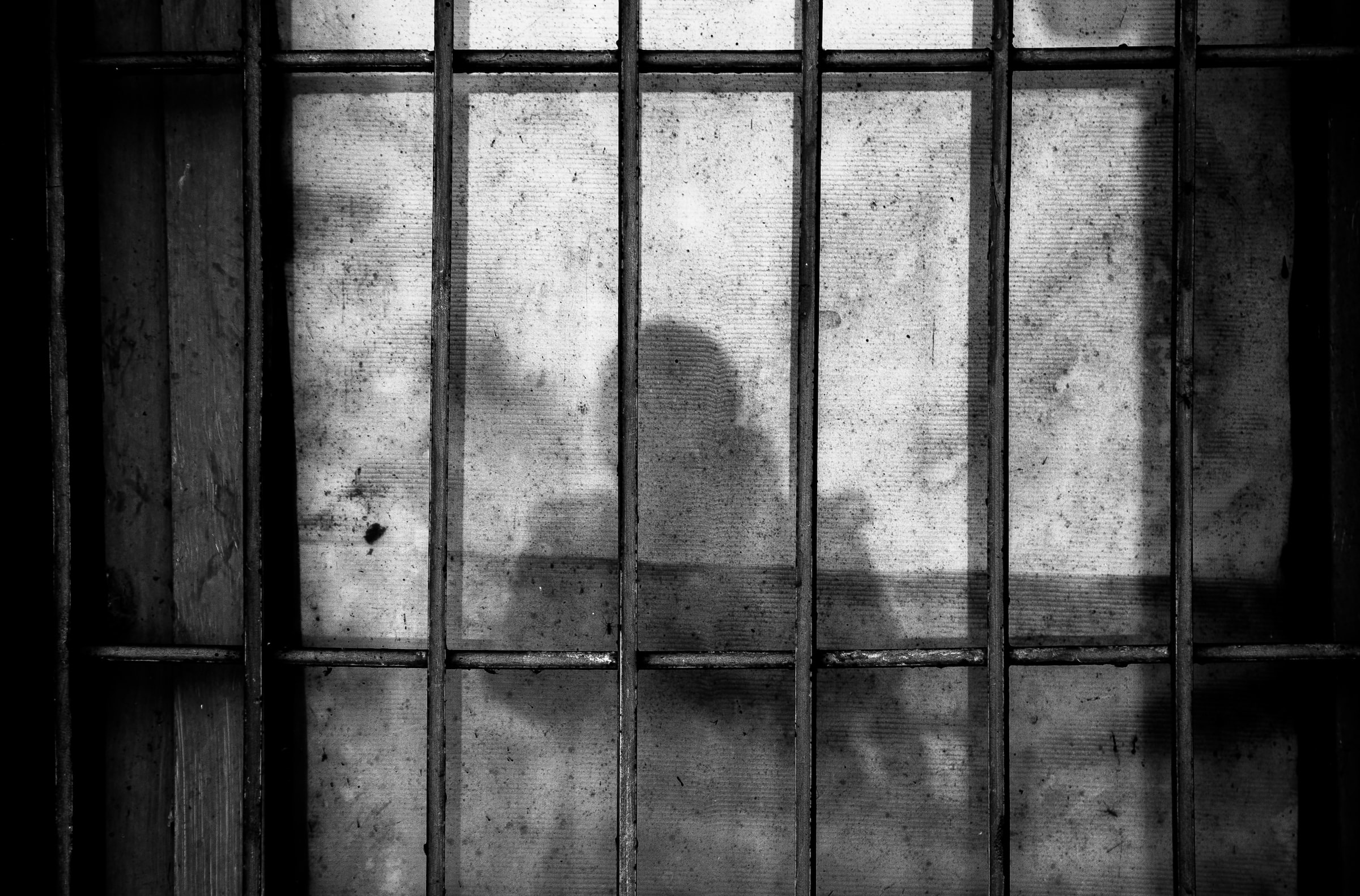The Criminal System is Full of People With Psychopathy. It Fails to Help Them.
An associate professor of psychology and a clinical lecturer in law at Yale explain how they’ve seen the criminal legal system treat psychopathy as a moral failing—instead of a treatable mental illness.

America’s criminal system has become one of the country’s largest mental health service providers, leaving the nation’s jails and prisons overfilled with people experiencing severe mental disorders, including one of psychology’s most notorious diagnoses: psychopathy.
By one popularly cited estimate, up to 25 percent of America’s imprisoned people meet the criteria for a diagnosis of psychopathy, compared with 1–2 percent of the general population. While some may argue this is because criminal courts are able to identify psychopathy and protect society from it, the reality is that psychopathy largely flies under the radar when questions of guilt and punishment are considered by the courts. As a result, many people with psychopathy will eventually re-enter society with their condition wholly unaddressed—if not substantially worsened by their time in the system.
The fault lies in the criminal system treating psychopathy as a moral failure. By doing so, the system ignores the strong science behind how psychopathy develops and how it can be managed. This willful ignorance ultimately puts society at risk.
In the popular imagination, psychopathy is a uniquely nefarious condition marked by a volatile combination of unwavering callousness, sadistic tendencies, and moral deficits that inevitably lead to homicidal ideation. Popular media depicts people with psychopathy as serial killers and mass murderers, with fictional characters like Michael Myers and Hannibal Lecter featured alongside real-world examples of presumed psychopathic individuals, like Ted Bundy and John Wayne Gacy. These depictions share a common trait: pure evil.
But psychological studies reveal a very different picture. Psychopathy is not understood as a moral deficiency but as a cognitive-affective impairment marked by an inability to incorporate emotional, empathetic, and consequential information into one’s thinking. Simply put, individuals with psychopathy have limits on the kinds and amounts of information they can process when thinking and making decisions, making them more likely to act impulsively and seemingly without thought. These people do not consciously choose the path of evil over good. Instead, they have a profound incapacity to process information necessary to make sound decisions.
Despite Hollywood depictions, the vast majority of people with psychopathy are neither wantonly homicidal nor particularly good at self-care. Most struggle to maintain meaningful interpersonal relationships, hold down jobs, or provide for their own basic needs, all of which are hallmarks of other severe psychological illnesses.
Certainly, people with psychopathy can pose a danger to others. In fact, some of the prevailing diagnostic indicators of psychopathy include troubling and dangerous traits like deceitfulness, manipulativeness, self-interestedness, aggressiveness, reckless disregard for the safety of others, and remorselessness. But contrary to popular belief, violent behavior is not a requirement for a clinical diagnosis of psychopathy. The behaviors associated with this disorder need to be considered to appropriately address the individual and protect society.
Failing to account for psychopathy’s root causes limits our ability to treat it—just as a doctor could not effectively treat a cough and fever before first knowing whether the symptoms were caused by COVID-19, the flu, or the common cold.
The criminal system, however, is not equipped to handle the detail and complexity of mental illness. The courts mostly consider mental illness only if it prevents someone from appreciating the criminality of their acts. In practice, only two kinds of mental illness can meet this standard: either cognitive defects resulting in intellectual impairment or illnesses like schizophrenia that result in psychotic misinterpretations of reality.
Research has found that there are greater findings of guilt and more severe punishment among defendants with a psychopathy diagnosis. Prosecutors view psychopathy as proof of a person’s inherent dangerousness and depravity, fueling the moral imperative to seek retributive justice on behalf of the victimized. Judges tend to view psychopathy as a moral stain that heightens the risk of future offending and diminishes prospects of rehabilitation. Because of these views, defense attorneys are apt to hide a diagnosis of psychopathy using the dual protection of medical confidentiality laws and attorney-client privilege. Some states, such as Oklahoma, have expressly carved psychopathy and other personality disorders out from their lists of mental illnesses that make a person eligible for mitigation—effectively eliminating the possibility of therapeutic interventions and guaranteeing incarceration instead.
The system’s myopic focus on psychopathy as an irredeemable moral failure ignores growing research that indicates that psychopathy, as rooted in impairments in thinking and feeling, may be more manageable than previously thought.
Research indicates that appropriate interventions in childhood and early adolescence for people displaying psychopathic traits can reduce the risk of developing psychopathy in later adolescence or adulthood. Other studies show that, for people with diagnosed psychopathy, therapeutic interventions that are targeted to the person’s information-processing difficulties can lead them to act more empathetically or, at least, less antisocially. This leaves open the possibility that psychopathy could, with further research and investment, be managed within an appropriate treatment setting, such as a forensic hospital. That situation marks a compelling alternative to long periods of untreated incarceration within jails and prisons, whose abhorrent conditions only worsen psychopathy and its effects.
Locking away anyone with a mental illness, including psychopathy, without treatment does not make society safer. Instead, studies show that the practice only promotes recidivism and more antisocial behavior. If the criminal system’s role is to ensure public safety, it must treat and manage psychopathy—and all mental illnesses—through evidence-based approaches, rather than merely passing moral judgment. If it does not, our jails and prisons will continue to be incubators of public danger.
